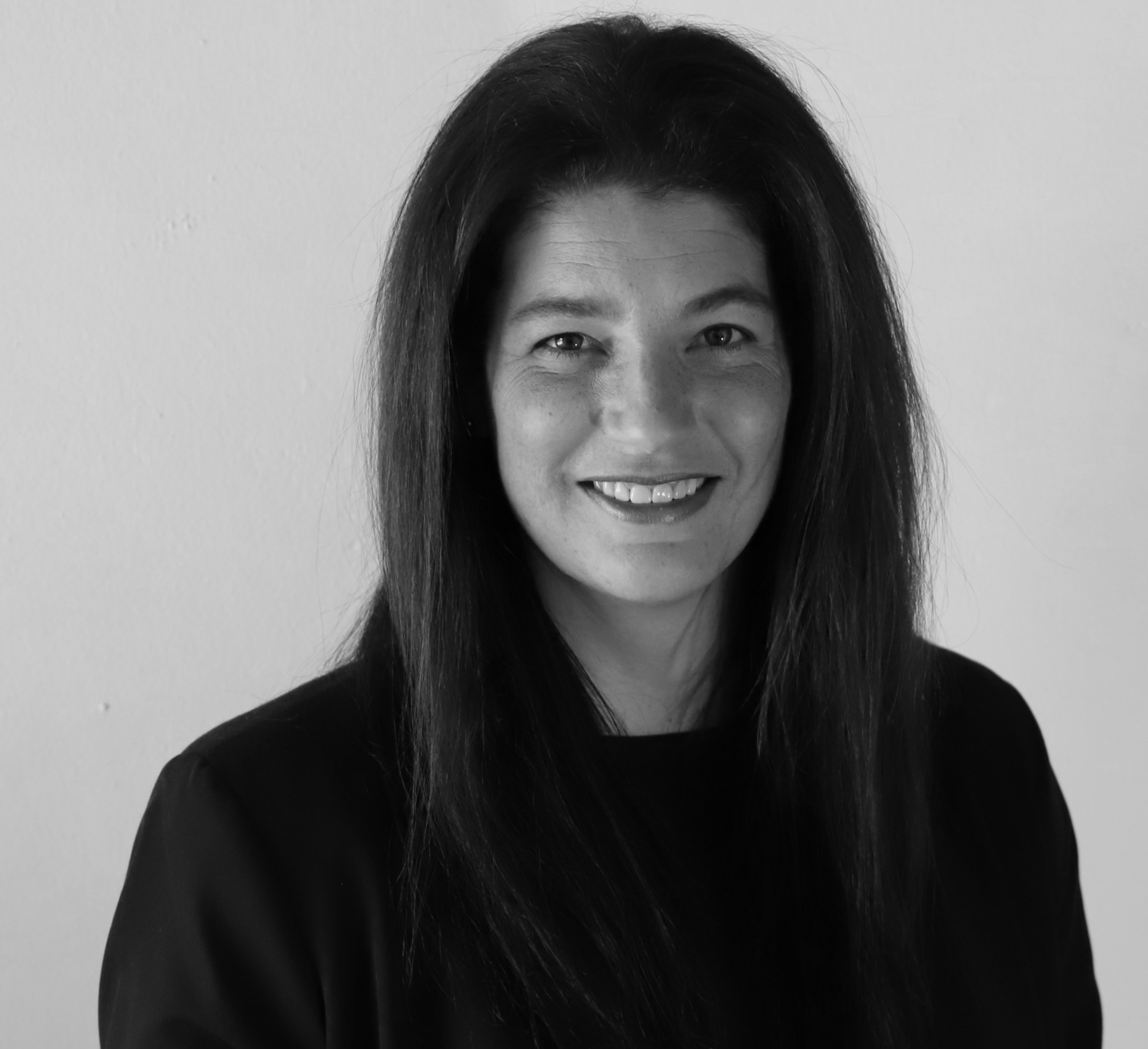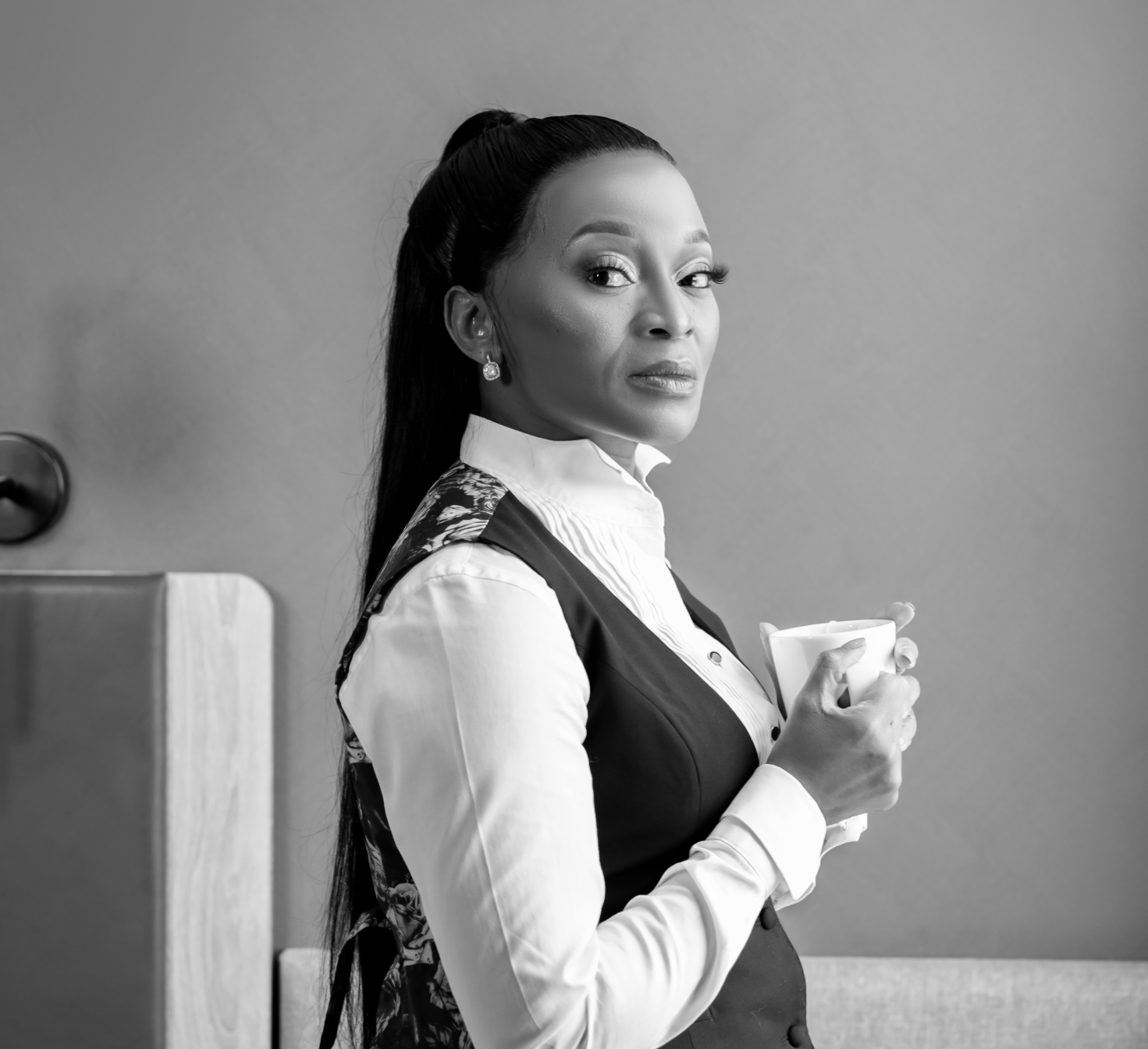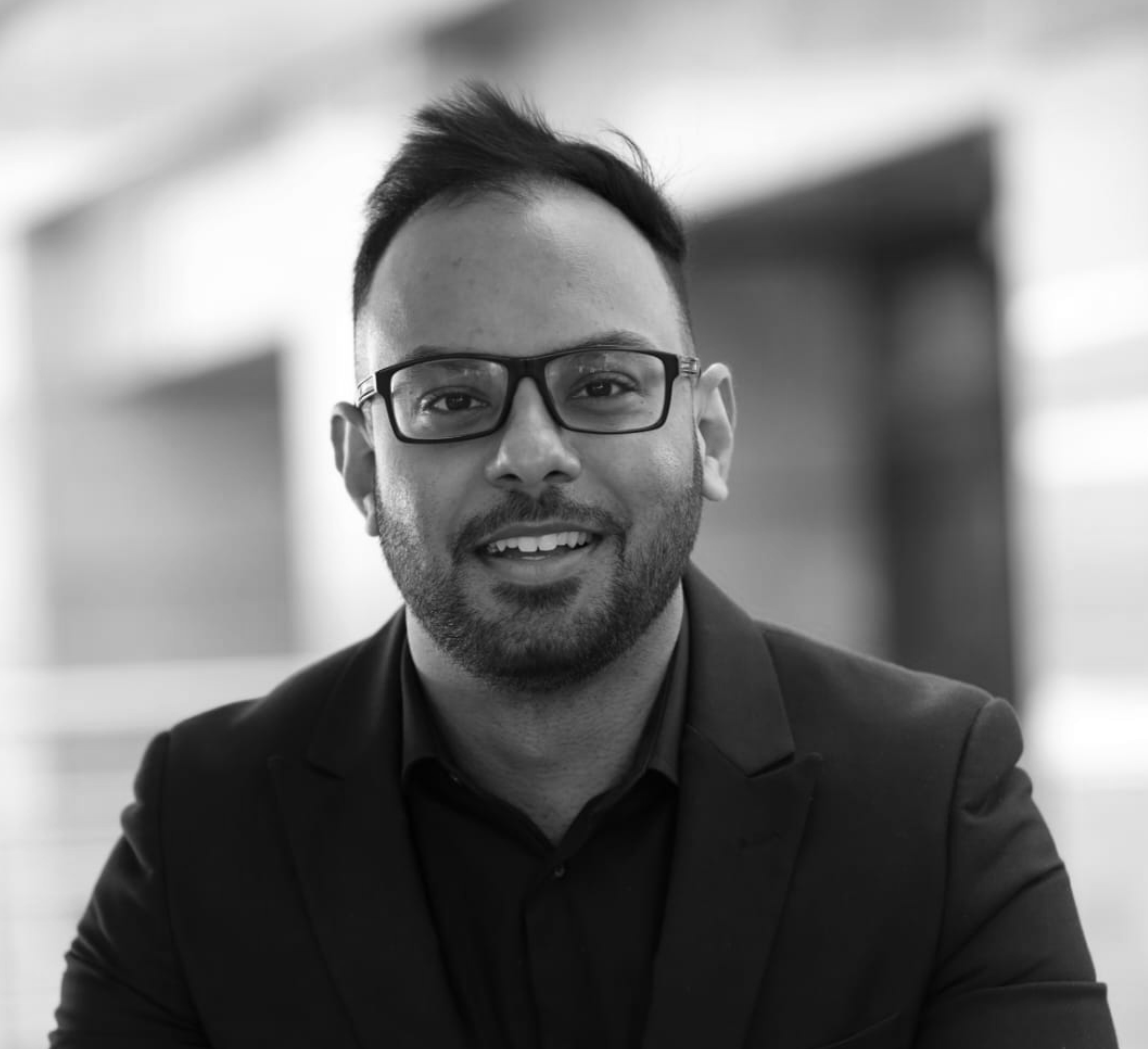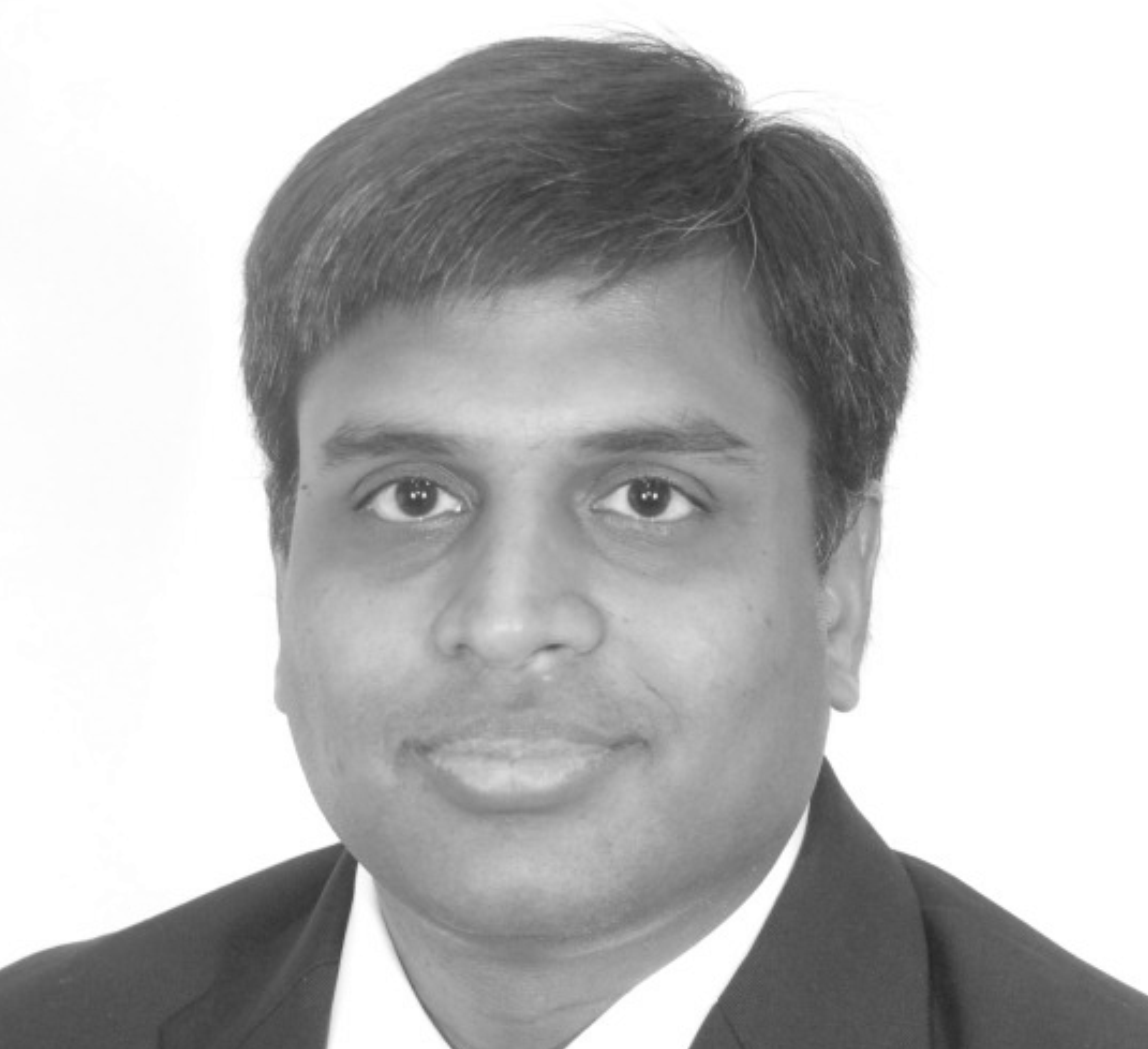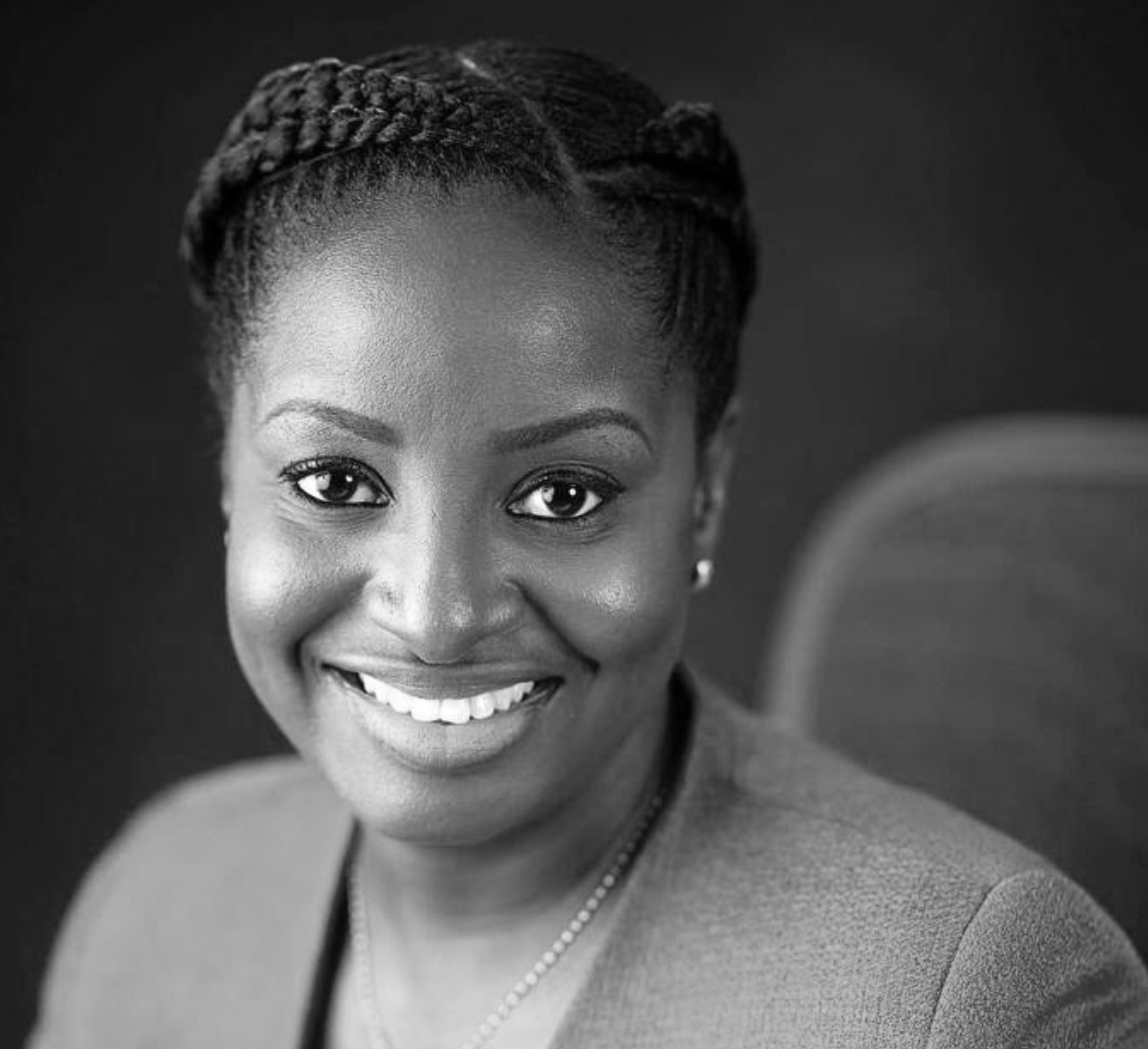173: Michelle Pienaar
‘Our purpose is to protect and promote possibility for our clients’

Today’s podcast is sponsored by Draftworx, which provides automated drafting and working paper financial software to more than 8000 accounting and auditing firms and corporations. CFO Talks is a brand of the South African Institute of Business Accountants.
It’s my pleasure today to welcome Michelle Pienaar, who is a CA and a member of the Institute of Directors. She is currently CFO at Marsh Africa, the global insurance broker and risk advisor, and that’s a position that she’s held since 2013. Marsh Africa operates in seven African countries and Michelle is responsible for a number of different teams across the African continent. Can you give us a sense of how businesses are doing in this post-Covid era in places like Zimbabwe, South Africa and Uganda?
That’s a great question, I think at the moment there is definitely some green shoots coming through following the hard lockdowns. I do think that with the economy that’s opened up and also opened up in Uganda. There are definitely some green shoots coming through but still some very tough macros across the board. I think our larger businesses tend to be a little bit more resilient through times like this and I think we’re still seeing some challenges in the small to medium-size businesses being more impacted and they’re probably going to take a lot longer to get out of it from a recovery perspective.
Are you seeing the same in the other countries like Zimbabwe and Uganda where you operate?
Yes, similar challenges, I think their macros may be a little bit tougher in some instances, much higher inflation. I think the other dynamic we’re dealing with at the moment is obviously trying to understand what the impact of the Russia/Ukraine war is going to have on the continent. I think some of our more African countries outside of South Africa might be impacted a lot more. We are already seeing inflation creeping up significantly, so it’s a space that we need to watch over the next couple of months.
You’re a global insurance broker and risk advisors, maybe just describe the ecosphere in which you operate. You’ve got insurers, you’ve got underwriters, you’ve got reinsurers, it’s a fairly complex field, just describe your role in that ecosphere?
As Marsh we are more the brokerage insurance and risk advisor arm, advising clients on insurance but also more on the risk consulting side, so it’s taking a more holistic approach to clients’ businesses, understanding their businesses and where their risks are currently, also their potential future risks, trying to do some modelling and so on. So doing a lot more of that strategic trusted advisor role with our clients than traditional transactional insurance, obviously that still plays a role but it’s more than that.
When Covid starter initially, there was a lot of discussion in the press about insurance and it seemed that people were holding on tight to their insurance policies because of the uncertainties and the risks that they were facing. Was that your experience that there was not a great lapse rate and, in fact, your business might have done quite well through Covid.
Yes, I think we held our own and obviously there have been some big claims on the business interruption side with the pandemic, but absolutely, clients are holding onto insurance, maybe cutting down in certain instances for a couple of months and then coming back into it again.
I think it’s a very important expense for businesses in managing their risk, if any large event had to happen that they have the right cover because I think without that it will be even more catastrophic for a business.
You’ve been at Marsh for ten years and that’s quite unique in this day and age because people tend to bounce around quite a bit. I guess that says something about the culture at Marsh, maybe describe that culture and I’m interested to hear about this initiative to nurture people from within the organisation, rather than bringing them in from outside. Just talk about that and the general culture.
It’s a long time to be at a company, I think what’s been nice about it for me is that I have always been challenged in my roles, so I haven’t felt the need to step outside to go and learn something different. It does talk to the culture of the organisation, in my view Marsh has a great culture, our colleagues are our greatest asset in the business. Marsh is open, transparent and has an inclusive culture, we care about our colleagues, our communities and you’re always being encouraged to have creativity, independent thinking, integrity, respect. All those things are what makes us Marsh and it’s a collaborative culture as well.
Being part of an international group, are there opportunities for people at Marsh to get posted abroad, to get experience, for example, working in Europe or the United States or Asia or wherever, and do you promote that?
Yes, we absolutely do, I’ve got three examples of that from my finance team, over the last couple of years I’ve had, and it’s part of my talent strategy and even the global finance strategy, as an example. So we always look to see who is mobile, who wants to be able to go somewhere else in the world and I have had three of my colleagues move. One is in Australia, another one is in Dubai and, more recently, a colleague has just started a role in New York. So there’s definitely that opportunity and not just from a finance perspective, it’s even within our business, it’s good to move around and get great exposure.
I always say that being with MMC the world is your oyster when it comes to your career and growth.
Just turning to your role as a CFO, I want to get your viewpoint on lifelong learning and the importance of that in the role of the modern CFO. Give us your sense of where the profession of accounting is headed and really just looking at the amount of regulation, the amount of changes that are happening in this sphere really demand that you can never stop learning. I want to get your take on that.
Absolutely, I think definitely life-long learning. The one thing that’s always constant in our world is change, things are changing all the time, whether it is accounting standards, tax, I think the big one that’s front and centre is technology, automation, AI, robotics and so on. I do think that as a modern CFO you need to continue learning and it’s not just learning the accounting and the tech, it’s understanding your business, gaining that deep knowledge and understanding of the business that you’re working in. I think the accounting profession is not just about numbers anymore, I think it goes further than that. I think it’s building workforces or talent that’s not just technical but that has tech in their toolbox, if you will, almost like building a skillset of the future.
I think the soft skills side is super important because we’ve got to go beyond the numbers, it’s how do you communicate with the business, how do you become business partners who are talking about more than just numbers, providing insight, what the data is telling you about potentially what the future looks like and so on. The shift is more on the tech, automating those more routine transactions but becoming a more aligned business partner, providing insights to the business.
The South African Institute of Business Accountants has a designation, CFO (SA), which is really in recognition of those skills that have been acquired along the way, by people who have got to the top of their career ladder. I want to get your take on those skills and the importance of those skills, the softer skills, the team leadership, the strategy because in many businesses the role of the CFO is the unseen force, the unseen power because they sit at the right of the CEO but all of the crucial decisions are really being made by the finance people.
I totally agree with that and that’s why I say that being a CFO is not just about the numbers anymore, that’s just one part of it, super important, but that’s just one part of it. I think the soft skills, and I have found this through my career, it’s the thing that doesn’t come so naturally because you’ve got to be able to communicate effectively, articulate the story with your CEO or other business partner, I think those soft skills become so, so important. So it’s learning influencing skills, strategic leadership, interpersonal skills, those kinds of things because you’ve got to play a role at the table around providing the insights, setting the strategy and so on. I think that’s got to be part of every accounting professional’s toolbox. It’s something that you don’t just learn by doing one course, it’s something you learn over time and something one has to focus on all the time to become an effective communicator.
Would you say that as a leader you really have to detach yourself from those emotional attachments or dislikes, so if someone seems to be making a mess, just find out what’s going on with them. Is that part of what you do?
Yes, absolutely and I think for me, my big thing on that is play the ball and not the man, understand what’s going on, what’s driving it. There are always going to be likes and dislikes, and there are always going to be routine things that you have to do, whether you like it or not. You’ve just got to take it in your stride, it’s part of the job and it comes with the territory.
Are there any books that you’d recommend?
I absolutely love reading but I must say, right now I’m not reading anything specific, but I have got two books there waiting for me and the one is The Inspirational Leader by Gifford Thomas and the other one is The Leader You Want to Be by Amy Jen Su, which is about five essential principles for bringing out your best self every day. Those are the kinds of books that I am interested in at the moment, it’s more about leadership and being a better leader, influencing skills, those kinds of things.
The books that I recommend that I have read would be Reality-Based Leadership by Cy Wakeman, another one is The Next Level by Scott Eblin and then also Data Story by Nancy Duarte.

